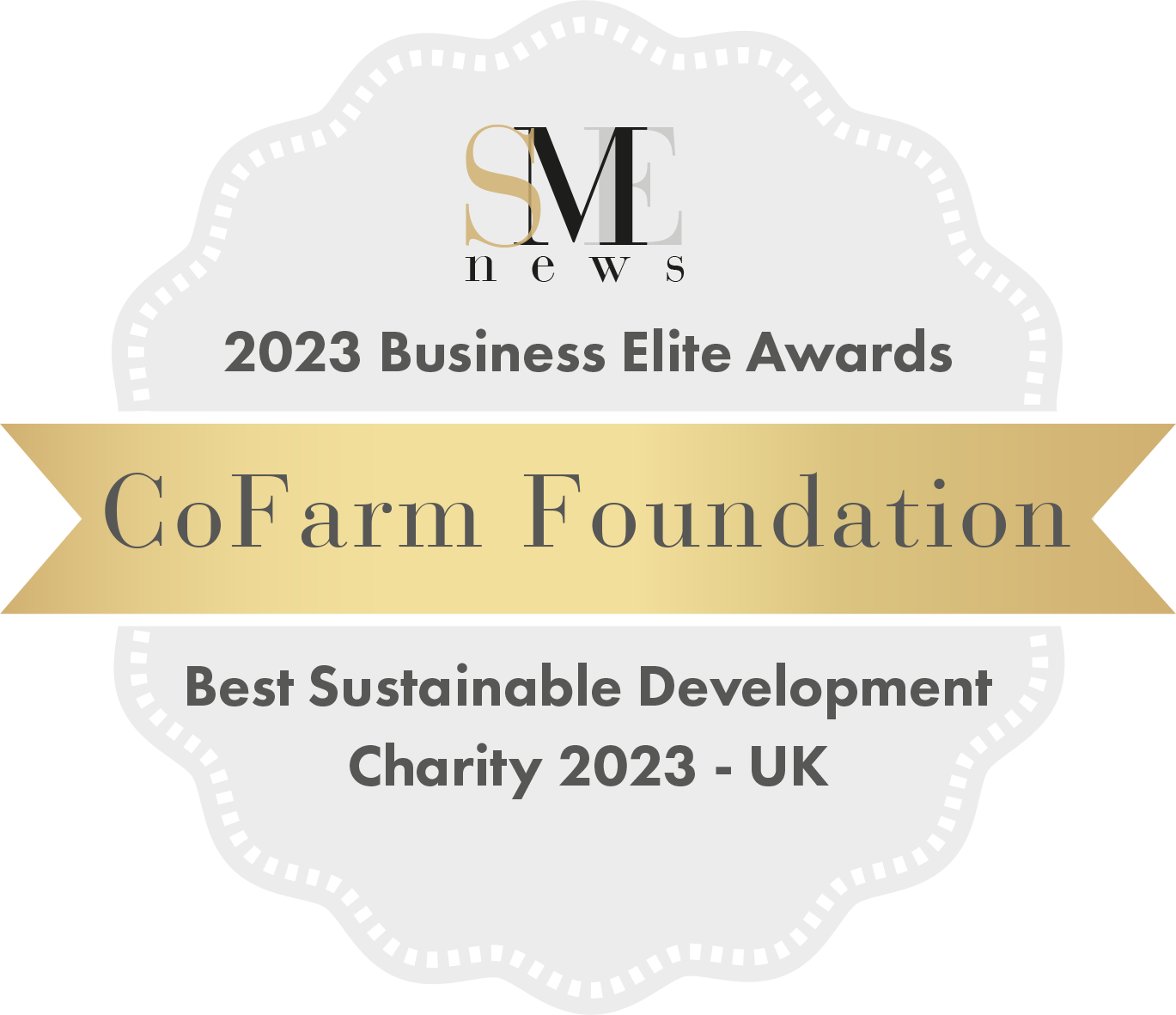We channel support into communities and help to build stronger - more circular - local economies.
Re-localising food is key to creating more efficient, resilient food systems. Our food travels in metres, not miles and the CoFarm model locks value into local communities. Image: Tony Buckingham | CoFarm Cambridge
The Circular food economy
For each pound we spend on food in the UK today, society must spend two pounds on dealing with the hidden environmental, health and economic consequences of that food. This includes the impact of how it is produced and distributed and the health impacts the food has on the people who eat it. The Sustainable Food Trust explains this nicely through their evolving work on true cost accounting.
Clearly this situation has to change. By co-creating local farms which are run according to agroecological principles, we aim to create as much (and destroy as little) value as possible - and lock this value into communities.
Currently around a third of all food produced is wasted. By creating the shortest possible distance between where food is produced and where it is eaten, we believe we can dramatically reduce the amount of food - and consequently money and energy - we waste.
Joined-up thinking
We will work with commissioners of health services, GP’s, other health and wellbeing service providers and researchers to test ways in which co-farming can be designed to proactively help to ease the pressure on local National Health Service budgets.
By supporting people to:
develop healthier eating habits;
eat safer foods which are free of harmful toxins;
feel less isolated or lonely;
increase the amount of regular, nature-based exercise they take;
We believe we may be able to play a part - over time - in reducing dependence on certain prescription medications and reduce the need for costly medical interventions to treat illness and disease which could have been prevented.
Policy makers are beginning to understand the need for a shift from prescribing drugs to prescribing good food. Image: Sam Mellish | CoFarm Cambridge
What might be possible if communities were collectively rewarded for collaboratively delivering public goods?
Natural capital accountinG
The UK government is currently in the process of ushering in reforms to the system by which farmers and landowners receive farming payments.
Instead of rewarding landowners with payments based on the amount of land they farm, the system which replaces it will provide payments for the provision of so called ‘public goods’. This might, for example, include providing habitats that support wild pollinating insects or maintaining healthy soils and forests that store carbon - helping to reduce the impact of climate change.
What if a growing UK-wide community of co-farmers was responsible for delivering these public goods through a distributed ‘virtual estate’ of community farms? Might whole communities be empowered to unlock value that could be used for addressing other local challenges and needs?







